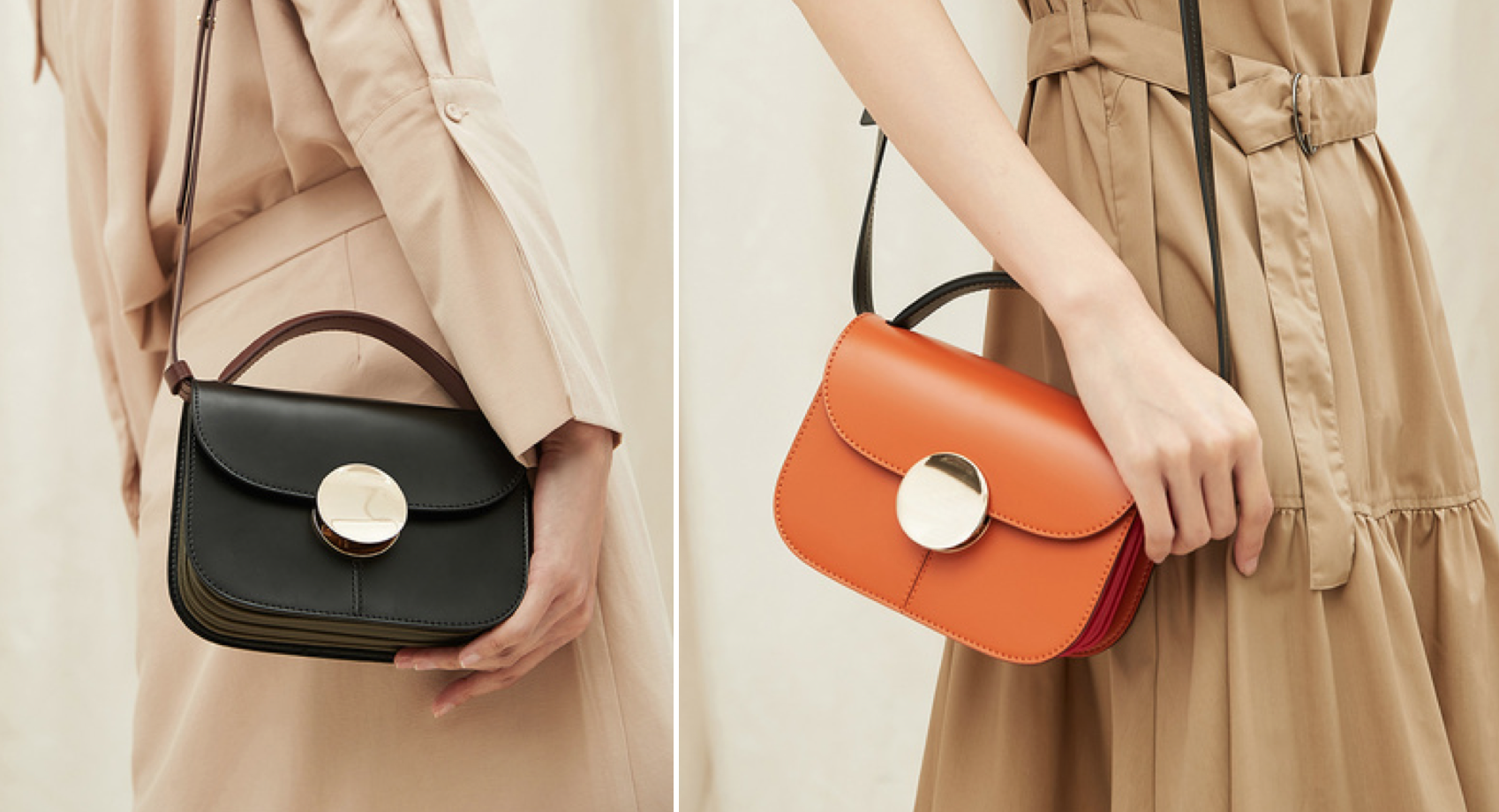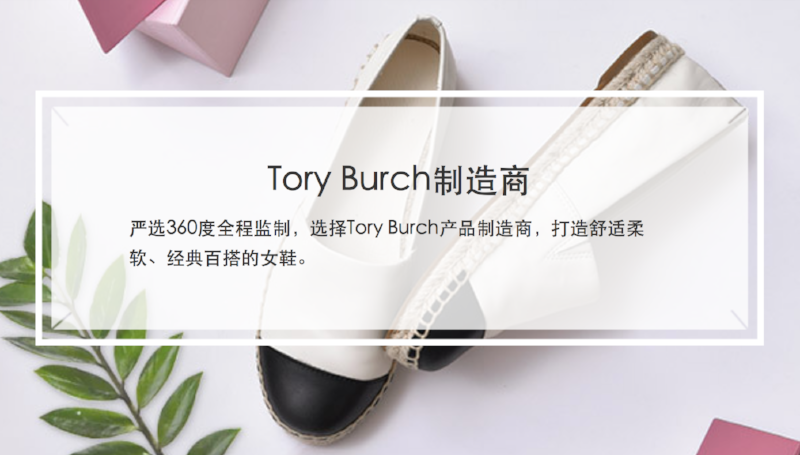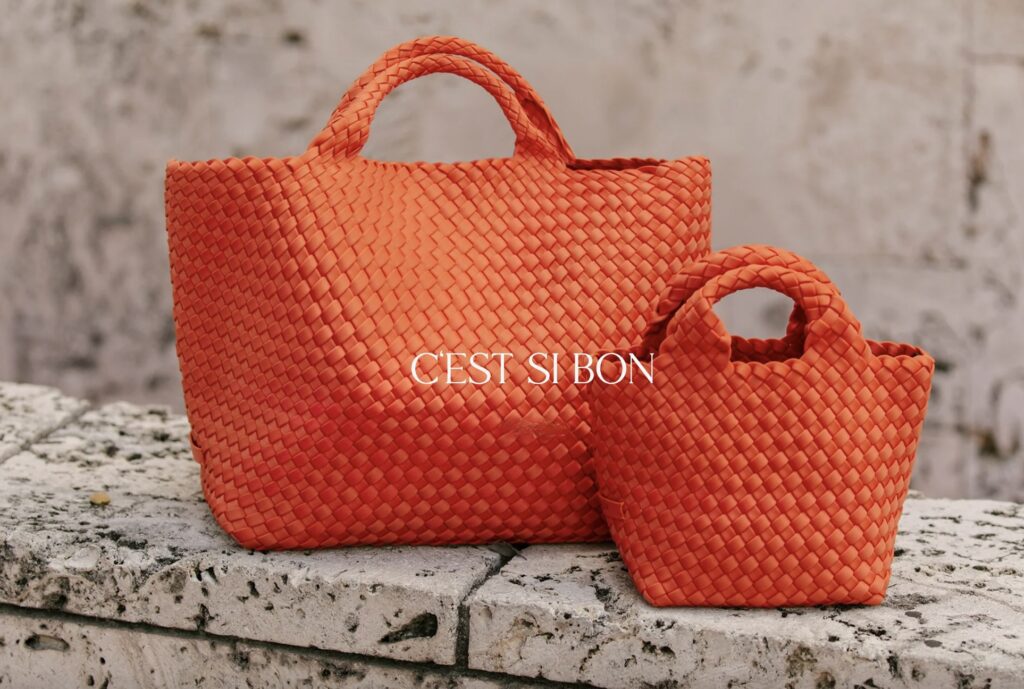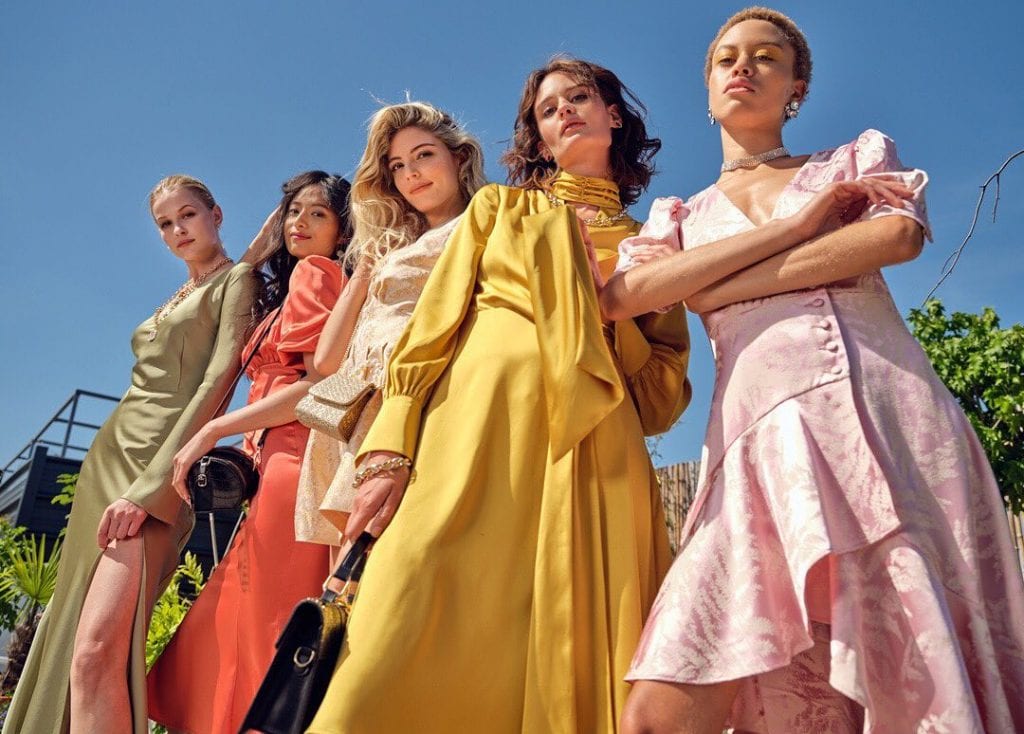
image: Yanxuan
Alibaba founder Jack Ma made headlines when he took on the topic of counterfeit goods a couple of years ago. Speaking at the Chinese e-commerce behemoth’s investor day in June 2016, Ma made markedly controversial comments about the manufacturing and quality of Chinese-made fakes, noting that oftentimes, “they are of better quality and better price than the real names.” The Chinese tech billionaire went on to state that counterfeits “are made in exactly the same factories, with exactly the same raw materials [as authentic goods].”
For those following the trials of China’s largest e-commerce company, the comments may have seemed inherently political in nature, made to boost up Alibaba, which was, at the time, facing particularly intense scrutiny for the presence of counterfeit goods on its platforms. However, the reality of the situation has been spelled out in a bit more detail recently by way of reports that seem to add some credence to Ma’s divisive assertions.
As Jing Daily reported this week, “While many brands are actively struggling to clear counterfeit items from Chinese e-commerce sites,” Chinese technology giant NetEase and one of its e-commerce businesses, Yanxuan, are doing something interesting. They are working directly with the manufacturers for high fashion brands to produce garments and accessories that in some cases look a whole lot like the real thing but that lack the design brand name, whether it be Mansur Gavriel bucket bags, dead-ringers for Celine Trapeze totes, or Saint Laurent envelope bags.
Thanks to the wildly affordable knockoffs that Yanxuan is readily offering, the Chinese site is being likened to Western fast fashion giants like Zara, H&M and Mango.

image: Yanxuan
However, while the aforementioned fast fashion companies source their high fashion-inspired garments and accessories from mass-market factories in some of the world’s lowest cost manufacturing hubs, Yanxuan claims that it is producing garments and accessories in some of the same exact factories as those responsible for creating goods for the likes of “Gucci, Burberry, and LVMH-owned luggage brand Rimowa,” per Jing. (While reps for Burberry and Rimowa did not respond to a request for comment, a spokesman for Gucci told TFL, “We don’t have any kind of relationship with NetEase.”).
Also on the list of brands whose “long-term” manufacturers Yanxuan alleges that it is working with: Armani, Alexander Wang, Alexander McQueen, Tory Burch, Chloe, and Calvin Klein.
Yanxuan’s claim-to-fame – and at least one of the reasons it is able to bring in an average of $8.7 million in sales each month – is that the quality of the garments and accessories that it is selling mirror those of high fashion brands, only at much lower prices, sometimes more ten times cheaper than the price of the products that are being copied.
Because the products that Yanxuan is offering are not affixed with Gucci tags or covered with the Burberry checkered print, they are probably in the clear in terms of trademark law, at least when it comes to the appearance of the individual designs, themselves. Having said that, brands might be able – depending on the products at issue (and the extent of brands’ China-specific intellectual property rights) – to make claims for trade dress or design patent infringement if the appearance of the product, itself, is protected.
Brands could also likely make claims in connection with the advertising of the knockoff products since many of their trademark-protected names are used in connection with Yanxuan’s promotion of the lookalike goods. For example, Yanxuan’s website boasts Fendi-looking eyewear from “a selection of well-known brand manufacturers for Fendi,” which could potentially give rise to trademark infringement claims.
As Pan Xiaoning, director of intellectual property at Chinese law firm Yingke, told Forbes: “A majority of brands would have binding terms with their manufacturers that forbids them to use the brands for third-party promotion, in which case NetEase’s conduct is more likely [trademark] infringement,” as well as a breach of the terms of their contracts with brands.
Legality aside, Yanxuan has been quickly gaining traction since its launch in 2016, becoming “a sudden hit among many Chinese consumers,” per China Tech Insights, particularly “young city dwellers, who pursue a high-quality life while still being price sensitive,” who Yanxuan targeting with its lack of exorbitant designer mark-ups.
Up next: The company is looking to bolster its e-commerce capabilities further and go up against Alibaba and JD.com in order grow its share of the Chinese e-commerce market, which is worth a whopping $1 trillion.











